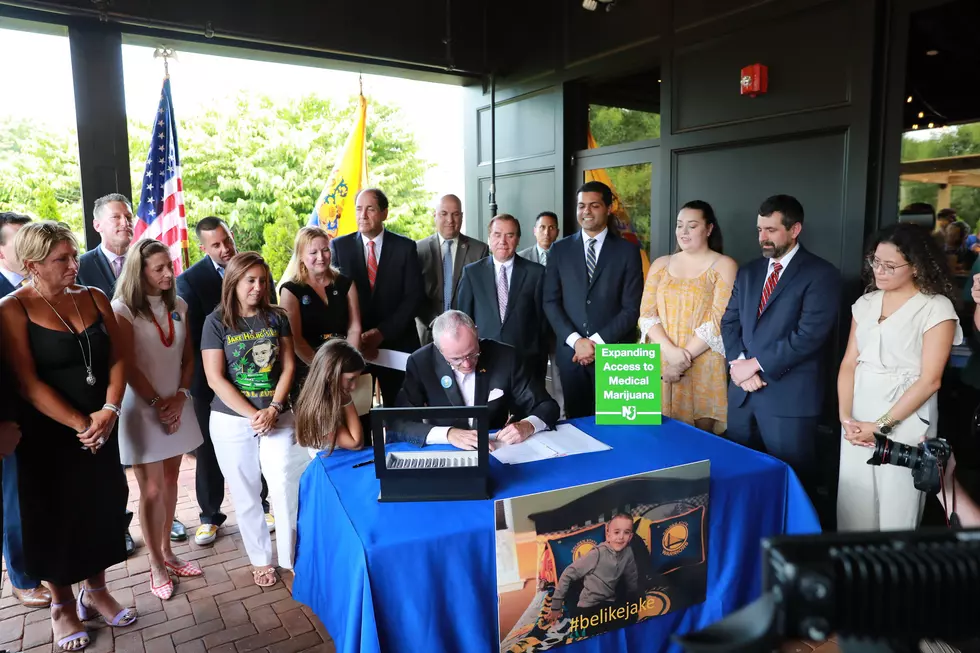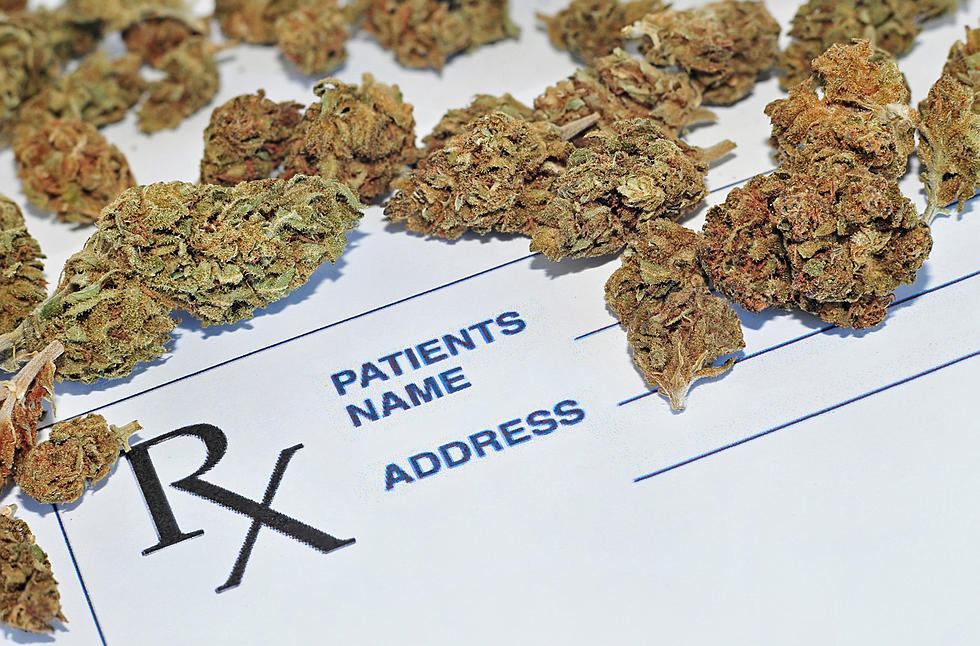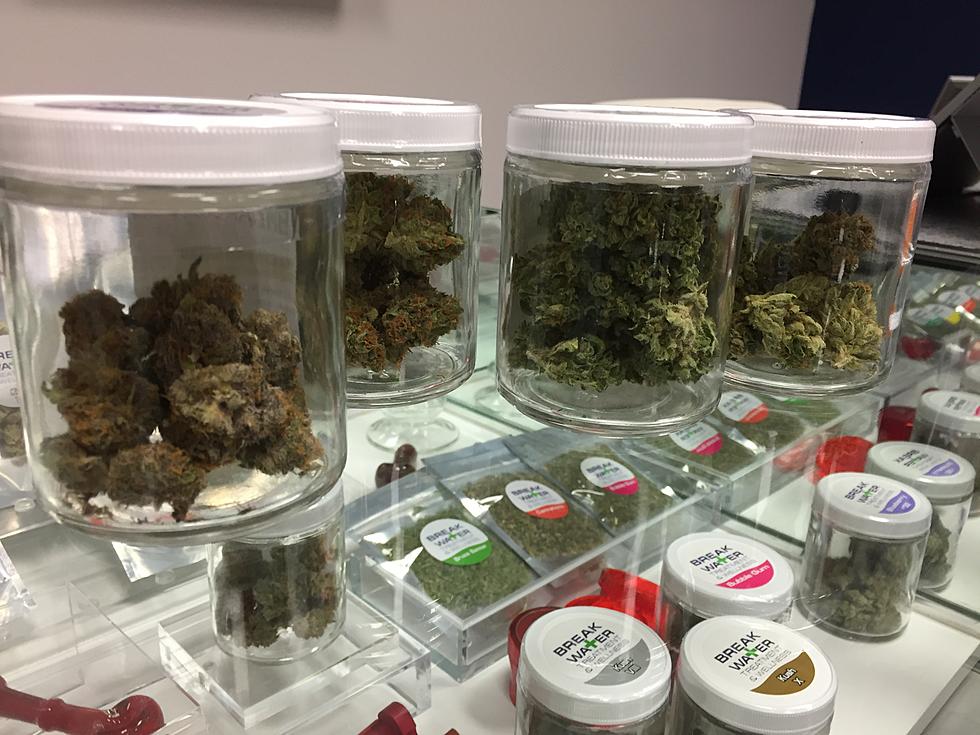
Medical marijuana will be easier to get — even home delivery
A new law enacted Tuesday will significantly expand New Jersey’s medical marijuana program – permitting patients to buy more each month, with eventual home delivery, and the phase out of its sales tax, among many other changes.
Gov. Phil Murphy said a lot has been learned in the last several years about the medical benefits of marijuana.
“With this knowledge, both minds and laws have been changed,” Murphy said. “And most importantly, sick people have been helped, pain has been eased, and precious moments with sick family members have been cherished.”
Mike Honig, whose son Jake used medical cannabis for nine months before dying of cancer, says marijuana can be a life-changing treatment.
“Advocates have waited for this. Caregivers have waited for this. Parents have waited for this. But most important, patients have waited for this,” Honig said.
The new law makes many changes to New Jersey’s medical marijuana program, such as:
- Patients will soon be able to buy 3 ounces of medical marijuana a month, rather than 2 ounces. In 18 months, that could be changed again. Additionally, patients who are terminally ill or in hospice care have no limits.
- The 6.625% sales tax will eventually stop being applied to medical marijuana purchases. The rate will drop to 4% in July 2020 and 2% percent in July 2021, then disappear in July 2022.
- Patients can be authorized by their doctor to receive medical marijuana for a year at a time, rather than three months, cutting back on medical costs and decreasing costs for patients.
- Adults can be dispensed edibles, not only minors.
- Home delivery will be allowed, once regulations are adopted.
- Dispensaries must post their price lists on the websites and can’t revise the prices more than once a month.
- Physician assistants and advanced practice nurses are now allowed to authorize the use of medical marijuana for patients.
- Patients can have two designated caregivers authorized to obtain medical marijuana for them, rather than one.
- Employers can’t fire or suspend medical marijuana patients from their job solely based on their being enrolled in the program. The law doesn’t require employers to let workers consume it during work hours or do anything that could jeopardize federal funding.
- People registered for medical marijuana in other states are considered qualifying patients in New Jersey for up to six months.
- The program will be overseen by a new Cannabis Regulatory Commission. It will have five members, including three appointed by the governor and one each recommended by the Senate president and Assembly speaker.
Assemblyman Joe Danielsen, D-Somerset, said it adds up to the nation’s most progressive, innovative medical marijuana law.
“Moving forward, doctors and scientists can work together, universities can educate and patients can improve their lives,” Danielsen said.
Murphy said the medical marijuana program has been adding an average of 3,000 patients a month, even before the new changes.
“So this is now exploding, which is part of the reason we also have to sign this into law today because need more places. The supply/demand imbalance is really starting to choke us,” Murphy said.
Health Commissioner Shereef Elnahal noted that the state selected six more alternative treatment centers last December, though none have yet been licensed.
“And we just did a new proposal yesterday to add 24 additional ATCs to get in line with this new legislation,” Elnahal said.
Murphy Tuesday bemoaned that legalizing recreational use of pot is seemingly on hold until late 2020, and he left the door open to decriminalization. He said there gets to a point where you have to look at all options.
“I’m not going to say ‘Hell, no’ to anything right now,” said Murphy, who noted an average of 600 people a week are arrested on marijuana charges in New Jersey. “We’ve got to do something. I’m not a fan of it historically because, again, we leave the business in the hands of the wrong people.”
A bill that would change the procedures and eligibility for expungement of criminal convictions, particularly affecting marijuana records, remains on Murphy’s desk after being approved three weeks ago by the Legislature.
More From WOBM News:
More From 92.7 WOBM










